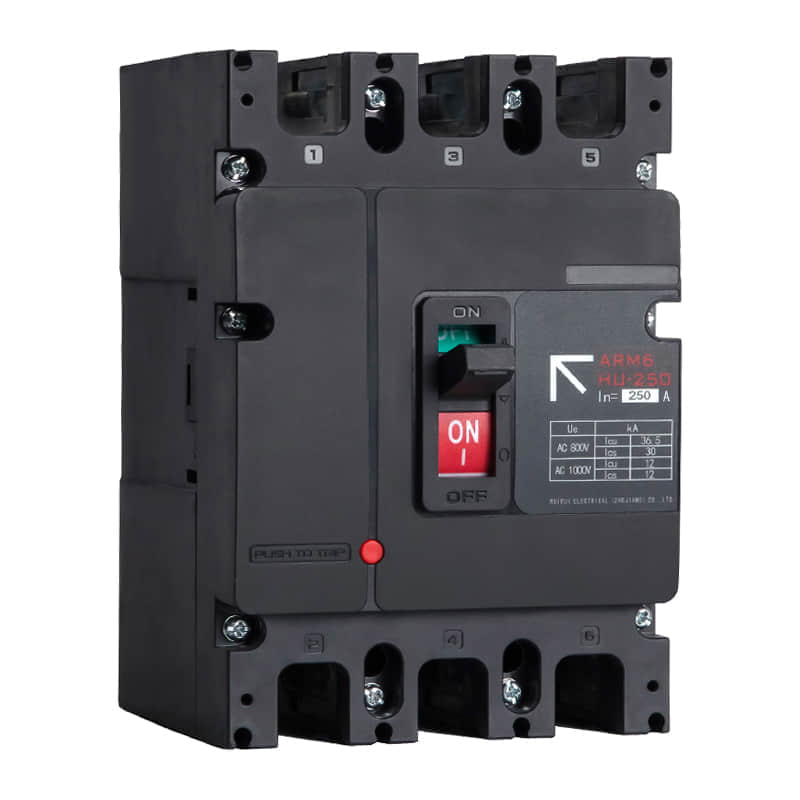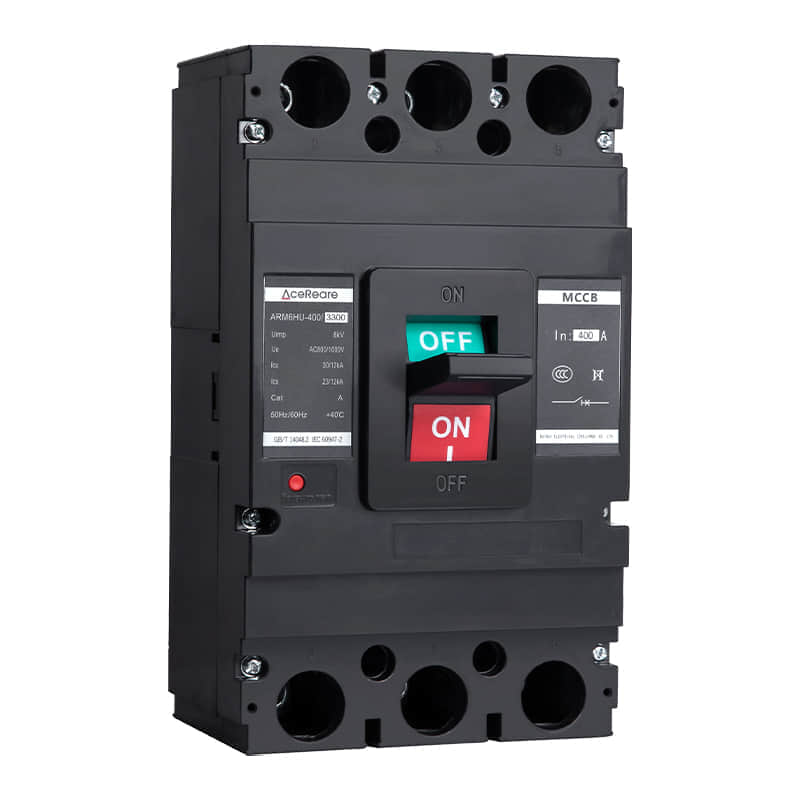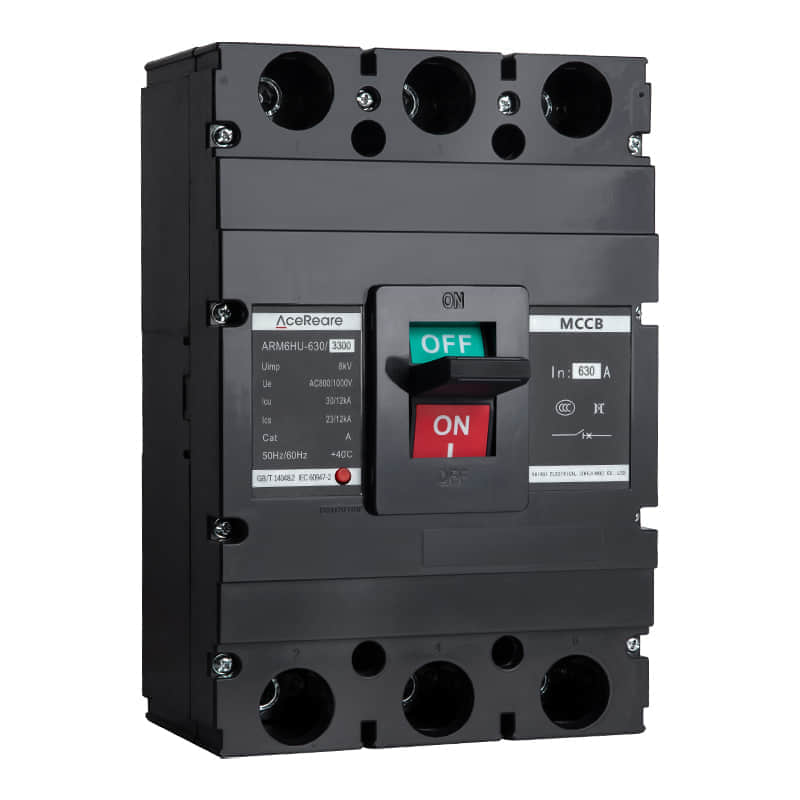Molded Case Circuit Breakers (MCCBs) are essential electrical devices used for protecting electrical circuits and equipment from overcurrents and short circuits. They play a crucial role in ensuring electrical safety in various applications, from residential buildings to industrial facilities. In this article, we will delve into the key features, applications, and benefits of MCCBs.

Introduction

MCCBs are a type of circuit protection device designed to interrupt the flow of electric current when it exceeds a predetermined threshold. They consist of a molded insulating material casing that houses the internal components responsible for detecting and responding to overcurrents. MCCBs are widely used in electrical distribution systems and are chosen for their reliability, versatility, and ability to provide efficient protection. Key Features of MCCBs Overcurrent Protection:The primary function of MCCBs is to protect electrical circuits and equipment from overcurrents. When the current exceeds the rated value, the MCCB trips and interrupts the circuit, preventing damage to the system. Adjustable Settings:MCCBs often come with adjustable trip settings, allowing users to customize the level at which the breaker will trip. This flexibility makes them suitable for various applications with different current requirements. Thermal and Magnetic Protection:MCCBs incorporate both thermal and magnetic protection mechanisms. Thermal protection responds to long-duration overcurrents, while magnetic protection reacts to short-circuit currents, providing comprehensive protection. Compact Design:The molded case design of MCCBs offers a compact and space-saving solution, making them ideal for installations with limited space. Easy Installation:MCCBs are relatively easy to install and replace, reducing downtime during maintenance or upgrades. Applications of MCCBs MCCBs find applications in a wide range of industries and settings, including: Residential Buildings:In homes, MCCBs protect electrical circuits from overloads, short circuits, and electrical fires, ensuring the safety of occupants. Commercial Buildings:In commercial facilities, MCCBs safeguard critical equipment, such as HVAC systems and computers, from electrical faults. Industrial Plants:MCCBs are integral to the protection of industrial machinery, motors, and electrical panels, preventing costly downtime. Renewable Energy:In renewable energy installations, such as solar and wind farms, MCCBs protect the electrical infrastructure and inverters. Transportation:MCCBs are used in the electrical systems of trains, ships, and aircraft, ensuring safe and reliable operation. Benefits of MCCBs Enhanced Safety:MCCBs are designed to minimize the risk of electrical fires and equipment damage, enhancing overall safety. Cost-Efficiency:By preventing damage to electrical systems, MCCBs save money on repairs and downtime. Customizable Protection:Users can adjust MCCB settings to match specific application requirements, providing tailored protection. Longevity:MCCBs are durable and have a long service life, contributing to a reliable electrical infrastructure. Ease of Maintenance:MCCBs are relatively easy to maintain, reducing the time and cost associated with servicing electrical systems. Conclusion Molded Case Circuit Breakers are indispensable components in modern electrical systems, offering reliable protection against overcurrents and short circuits. Their versatility, adjustability, and compact design make them suitable for a wide range of applications, from residential to industrial settings. By understanding the role and benefits of MCCBs, users can ensure the safety and efficiency of their electrical systems while minimizing the risk of costly damage and downtime.
